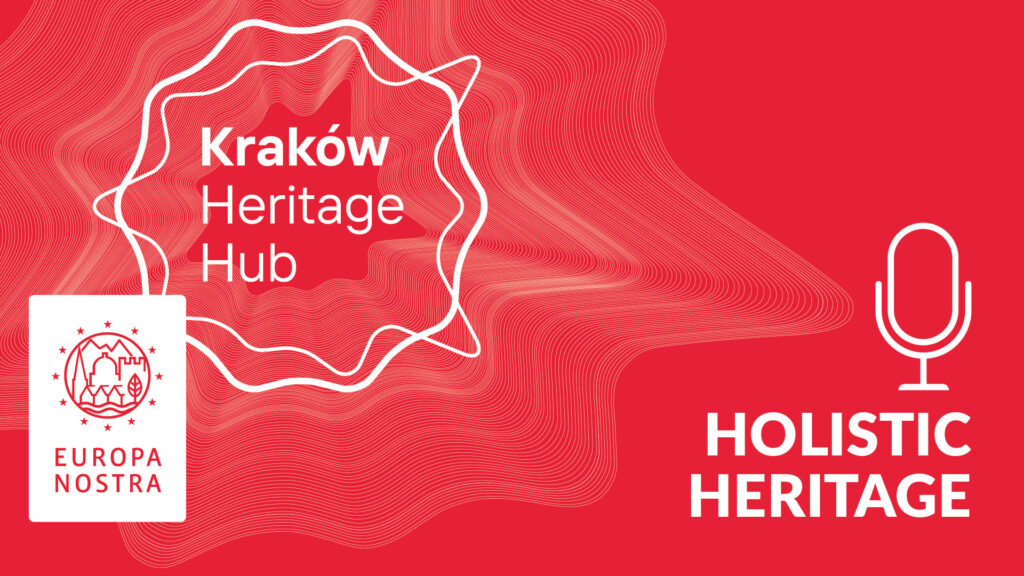We use cookies to help you navigate efficiently and perform certain functions. You will find detailed information about all cookies under each consent category below.
The cookies that are categorized as "Necessary" are stored on your browser as they are essential for enabling the basic functionalities of the site. ...
Necessary cookies are required to enable the basic features of this site, such as providing secure log-in or adjusting your consent preferences. These cookies do not store any personally identifiable data.
Functional cookies help perform certain functionalities like sharing the content of the website on social media platforms, collecting feedback, and other third-party features.
Analytical cookies are used to understand how visitors interact with the website. These cookies help provide information on metrics such as the number of visitors, bounce rate, traffic source, etc.
Performance cookies are used to understand and analyze the key performance indexes of the website which helps in delivering a better user experience for the visitors.
Advertisement cookies are used to provide visitors with customized advertisements based on the pages you visited previously and to analyze the effectiveness of the ad campaigns.
In the next episode of our podcast, Holistic Heritage, we focus on Estonia to explore both its achievements and the challenges it faces in the protection and promotion of its rich cultural heritage. This northernmost Baltic state finds itself at the intersection of increasingly divided worlds. The ongoing war in Ukraine has prompted authorities to reconsider their policy regarding cultural heritage in times of conflict.
How can we effectively safeguard tangible cultural treasures? How do we interpret and confront the complex legacy of Soviet influence that has left its mark? What actions has Estonia taken in the context of the invasion of Ukraine, and what good practices can inspire other European countries in the realm of cultural heritage protection?
John Beauchamp and Katarzyna Jagodzińska from the Europa Nostra Heritage Hub in Kraków had the opportunity to speak with Riin Alatalu, Vice-President of ICOMOS who holds the UNESCO Chair of Cultural Heritage Studies at the Estonian Academy of Fine Arts. The meeting took place during the Europa Nostra Cultural Heritage Summit held in Bucharest in October 2024. Their conversation offers valuable insights and inspiration for future initiatives in this field.
